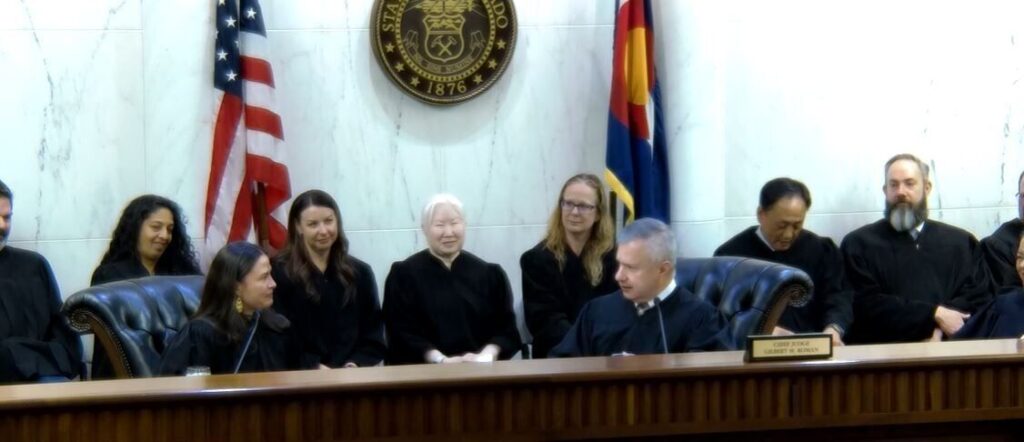Fetal homicide bill opponents cry personhood
A bill that would create a murder charge for the killing of an unborn child cleared its first legislative hurdle on Wednesday, following a committee hearing that often centered around abortion.
Senate Bill 268 would allow prosecutors to file charges that include murder in cases where pregnant women are attacked.
The bill is a reaction to the gruesome March 18 attack on Michelle Wilkins of Longmont, whose 7-month-old fetus died after being cut from her womb.
“This was the attempt to kidnap a baby before it was born,” said Senate President Bill Cadman, R-Colorado Springs, a bill sponsor. “It didn’t just go horribly wrong, it was horribly wrong from the start.”
Cadman, presenting his bill to the Senate Judiciary Committee, said the legislation is about justice for a mother and her unborn child.
“Without this bill, both victims of violence are not protected by our laws,” Cadman said. “Justice is not afforded to both victims under our laws.”
But opponents are concerned that the legislation could threaten abortion rights by creating a back-door “personhood” statute. Multiple attempts to afford constitutional rights to fetuses have been rejected overwhelmingly by Colorado voters.
Opponents fret that injecting personhood into the criminal code could lead to women being charged with murder for having an abortion. Doctors might also be hesitant to perform legal abortions, opponents argued.
“A statute like this adds another level of uncertainty as to what the law might mean and whether (doctors) can provide abortion services,” said Kevin Paul, an attorney for Planned Parenthood of Colorado
Paul said the bill is unnecessary because of the 2013 Crimes Against Pregnant Women Act, which created a new set of serious offenses in cases where a criminal action results in the termination of a pregnancy.
But Senate Bill 268 supporters reminded opponents that the 2013 law did not create a murder charge for those cases. They also point to laws in 37 states that are similar to the bill that is being proposed here.
In addressing opponents’ concerns, bill supporters pointed to bill language that would provide exceptions for acts committed by the mother to end her own pregnancy and provides protection for doctors.
Cadman stressed that the bill has nothing to do with prohibiting a woman’s right to terminate her pregnancy.
“This bill does not seek to overturn Roe v. Wade in any way; nor will it, nor can it,” Cadman said. “We all know that is the law of the land as established by the Supreme Court. There is nothing we can do that can challenge that or overturn that.”
Republican committee members accused opponents of providing “false narratives” to stir up opposition to the measure.
Committee Chairwoman Ellen Roberts, R-Durango, said her email inbox was flooded with correspondence from bill opponents who may not have all of the facts on the legislation.
“It’s clear to me that when they’ve sent the email they haven’t read the bill,” she said. “It has been twisted and mischaracterized as personhood.
“I am very disappointed in those who have perpetuated that myth to the general public.”
The bill passed following a 3-2 party-line vote. The measure is expected to pass the full Senate, but it faces long odds in the Democrat-majority House.
Sen. Andy Kerr, D-Lakewood, acknowledged that “perhaps there is a piece missing” in the 2013 legislation.
“But I don’t think that we’ve had the proper consultation, the bipartisan, deep conversations that are necessary to find that,” Kerr said.
Kerr is also leery that many of those who testified in favor of the legislation come from pro-life organizations that seek to limit a woman’s right to choose.
“They start out saying this has nothing to do with abortion,” Kerr said. “I mean, that’s what these groups do. Being supported by a very narrow set of groups, that’s what they do is push an anti-choice agenda.”
— Twitter @VicVela1











